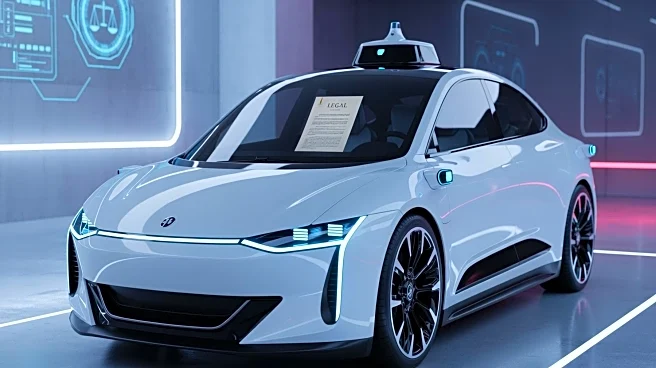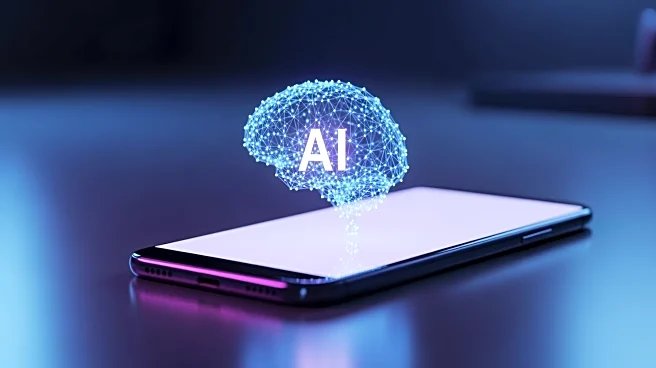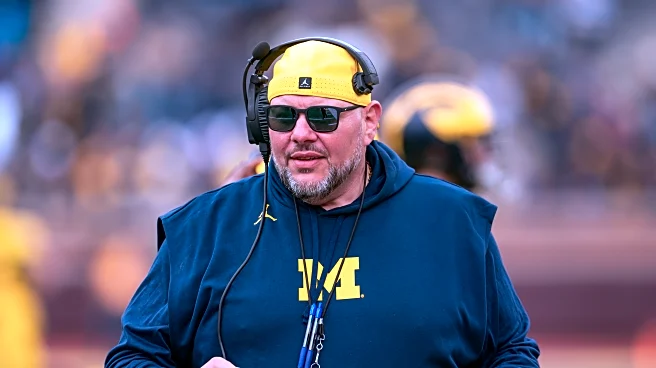What's Happening?
David Simon, an associate professor of law at Northeastern University, has highlighted the emerging legal challenges associated with artificial intelligence (AI) liability, particularly in the context of self-driving cars. Simon draws parallels between
the legal precedents being set in autonomous vehicle cases and potential future malpractice claims in the healthcare sector. He suggests that the legal frameworks developed for autonomous vehicles could inform how AI liability is approached in medicine. This perspective is based on recent jury verdicts and product liability disputes that are shaping expectations for AI-related claims.
Why It's Important?
The discussion around AI liability is crucial as it impacts multiple sectors, including transportation and healthcare. As AI technologies become more integrated into everyday life, understanding liability is essential for protecting consumers and guiding industry practices. The legal precedents set by autonomous vehicle cases could influence how AI is regulated in other fields, potentially affecting innovation and safety standards. Stakeholders such as manufacturers, legal professionals, and policymakers need to consider these implications to ensure responsible AI deployment.
What's Next?
The ongoing development of AI technologies will likely lead to more legal cases that test the boundaries of liability. As these cases unfold, they will provide further clarity on how liability is assigned in situations involving AI. Legal experts and industry leaders will need to collaborate to establish comprehensive guidelines that address the unique challenges posed by AI. This could involve revising existing laws or creating new regulations to accommodate the evolving landscape of AI technology.
















